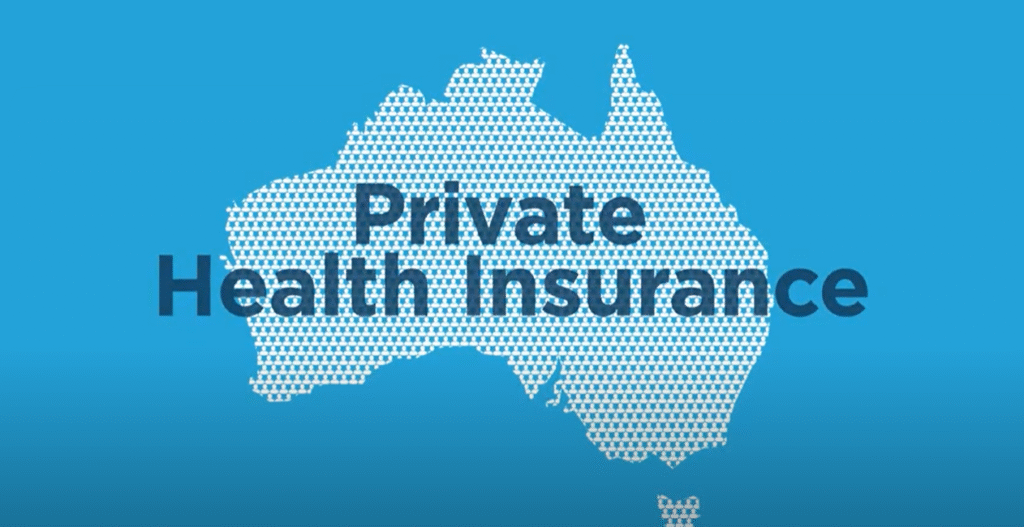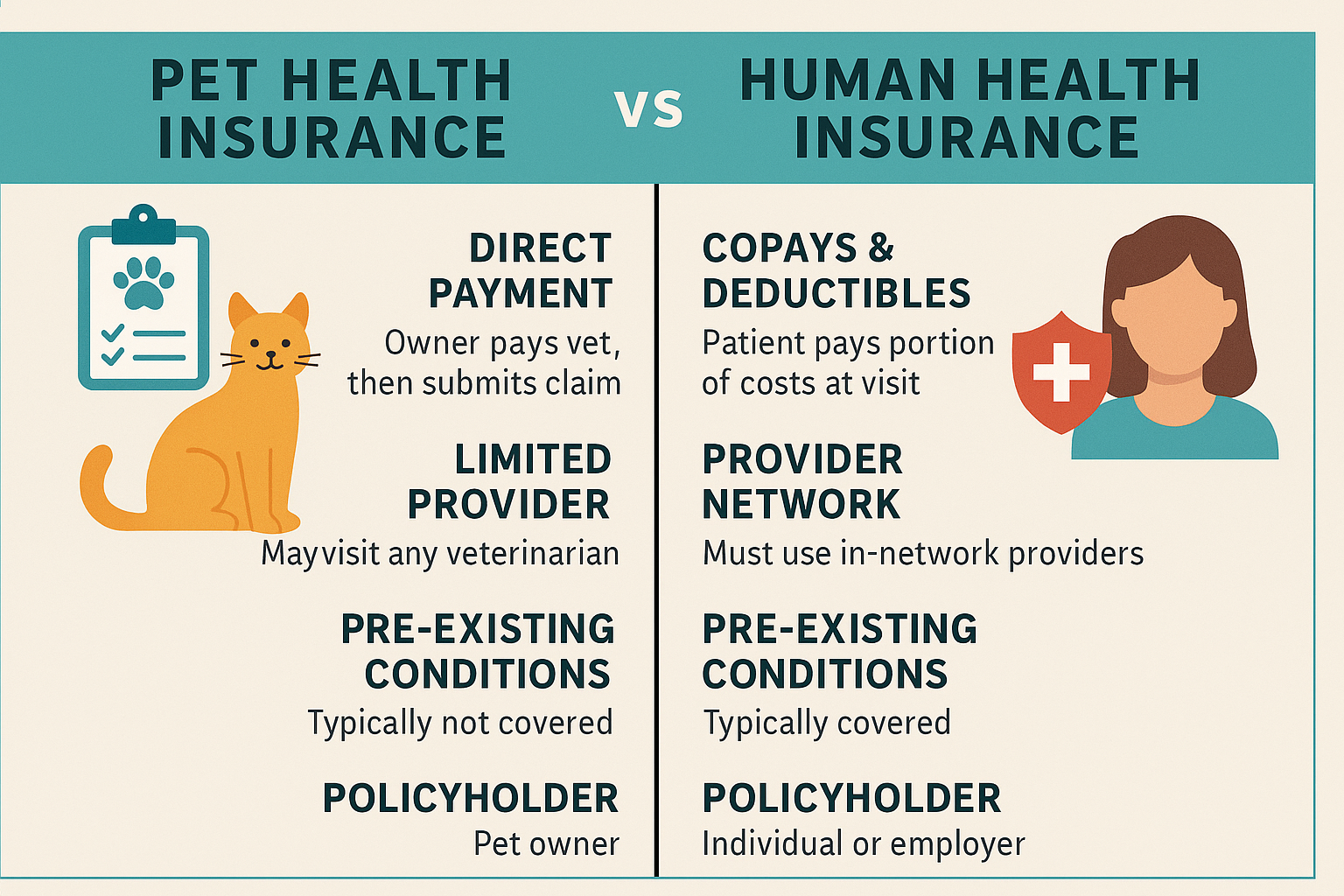
Is Paying for Private Health Insurance Worth It?
As healthcare systems around the world continue to evolve, the question on many individuals’ minds in 2025 is whether paying for private health insurance is truly worth it. With rising medical costs, longer public system wait times, and the increasing complexity of health coverage, private health insurance has become a serious consideration for individuals, families, freelancers, and small business owners. But before committing to monthly premiums, it’s essential to understand what private health insurance offers, how it compares to public options, and whether the benefits justify the cost based on your personal health needs and financial goals.
Private health insurance offers a range of benefits that can provide greater control, convenience, and peace of mind. One of the biggest advantages is faster access to medical care. In many public healthcare systems, especially those with universal coverage, long wait times for specialist appointments, elective surgeries, and diagnostic tests are common. Private plans often enable quicker appointments, reduced hospital wait times, and access to private clinics and specialists. For those with chronic conditions or individuals seeking proactive healthcare management, the ability to bypass lengthy queues can significantly improve outcomes and overall quality of life.
Another compelling benefit of private health insurance is choice. Policyholders typically gain access to a wider selection of hospitals, doctors, and healthcare providers. You can often choose your preferred specialist or facility, even if they are outside of the public network. This freedom allows patients to seek second opinions, work with top-rated professionals, or access niche treatments that may not be fully covered under public plans. In 2025, many private insurers are also offering telehealth services, digital tools, and wellness programs that encourage preventative care and empower consumers to take charge of their health with more personalized experiences.
Financial protection is another important factor to consider when evaluating the value of private health insurance. Though public systems may cover the basics, they don’t always shield patients from out-of-pocket expenses related to medications, dental and vision care, rehabilitation, or mental health services. Private health insurance can fill these gaps by offering supplemental coverage that reduces or eliminates these additional costs. Furthermore, private plans can include international health coverage—an essential benefit for frequent travelers or expatriates seeking global medical access and emergency support abroad.
Despite its advantages, private health insurance comes at a cost, and this is where the decision becomes personal. Premiums can vary widely based on age, health status, location, and the type of coverage selected. For some individuals—particularly those who are young, healthy, and not in need of regular care—the cost of premiums may outweigh the immediate benefits. However, as people age or develop ongoing health needs, private insurance often becomes more valuable. It’s also worth noting that many private insurers offer customizable plans, allowing users to adjust coverage levels to fit their budget while still maintaining essential protections.
In regions like the United States, where the healthcare system is largely privatized, private insurance is often not a choice but a necessity. In such cases, selecting the right plan can significantly impact both financial and physical health. Access to ACA subsidies and employer-sponsored plans can help make private insurance more affordable, and in some scenarios, the benefits can far exceed the monthly investment. On the other hand, in countries with robust public healthcare systems, the value of private insurance may depend on individual expectations, medical history, and willingness to pay for enhanced convenience and control.
In conclusion, paying for private health insurance can be worth it—if the coverage meets your needs, offers tangible health and financial benefits, and aligns with your lifestyle. In 2025, private insurance is evolving to provide greater value through digital health services, wellness incentives, and flexible plans. While it may not be necessary for everyone, it often proves indispensable for those who prioritize fast, flexible, and comprehensive care. The key is to carefully assess your health risks, budget, and long-term healthcare needs before making a decision. Comparing plans, understanding what’s covered, and considering both short-term and long-term outcomes will help you determine whether private health insurance is a smart and worthwhile investment.



